Alphabet Recognition Normal Letter Recognition Worksheets for Ages 7-8
20 filtered results
-
From - To
Boost your child's foundational literacy skills with our Alphabet Recognition Normal Letter Recognition Worksheets for Ages 7-8. Perfectly tailored for young learners, these engaging worksheets aid in mastering letter identification and sound association. Each activity promotes cognitive development through fun and interactive exercises that build confidence and pave the way for fluent reading. Ideal for classroom use or at-home practice, our comprehensive materials support effective learning with vibrant visuals and age-appropriate challenges. Give your child the tools they need to succeed and make alphabet recognition an exciting adventure with Kids Academy's expert-designed resources!
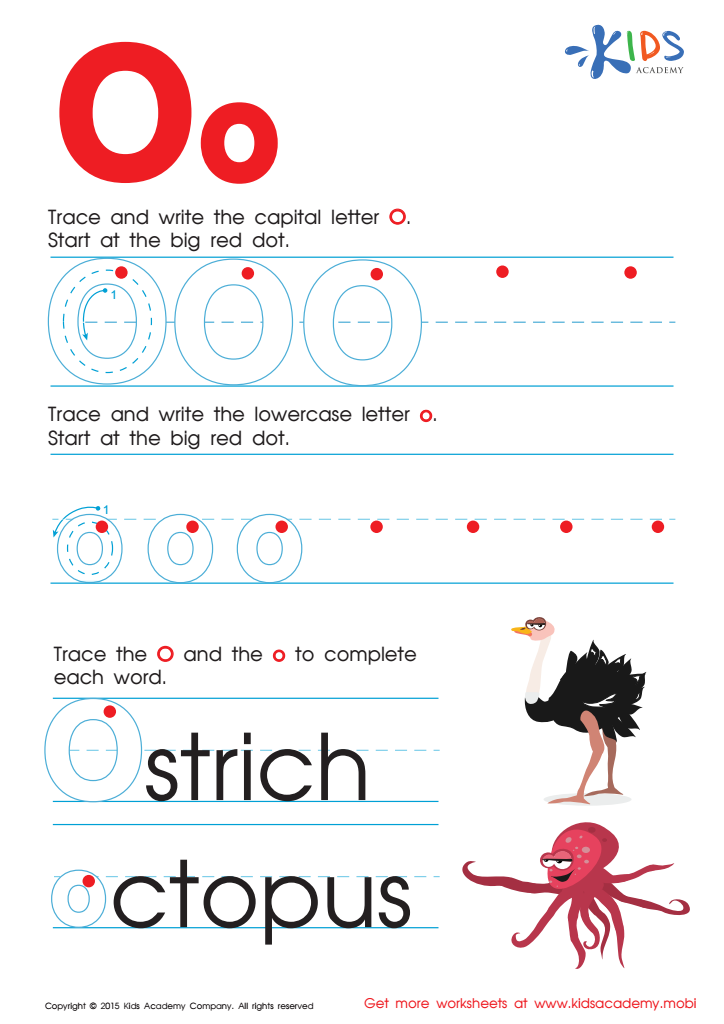

Letter O Tracing Page
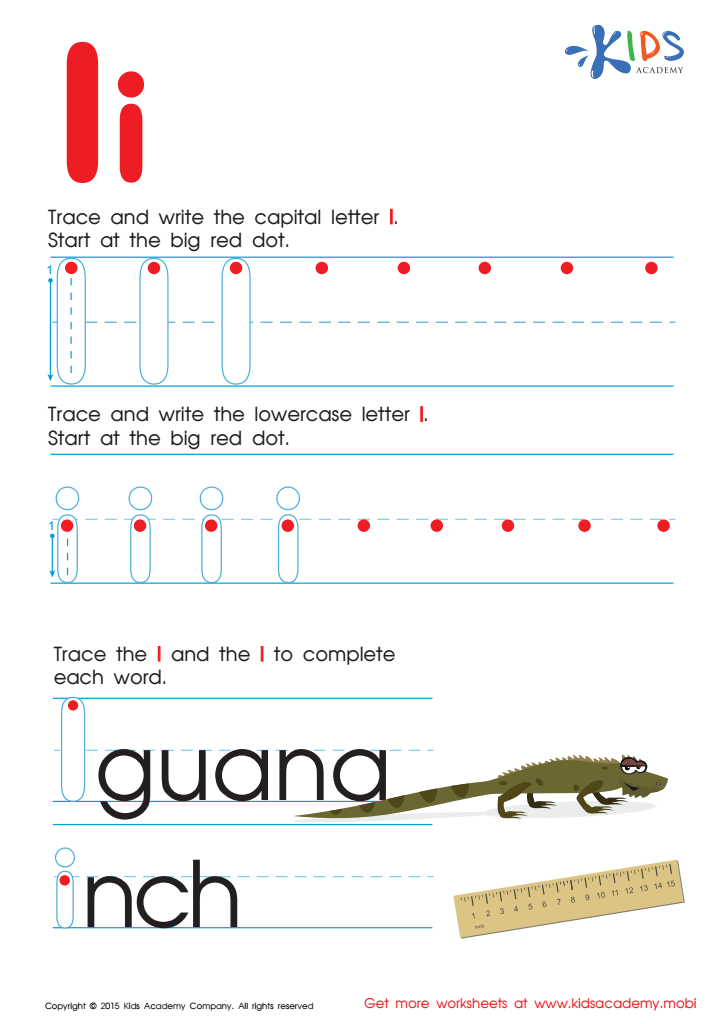

Letter I Tracing Page
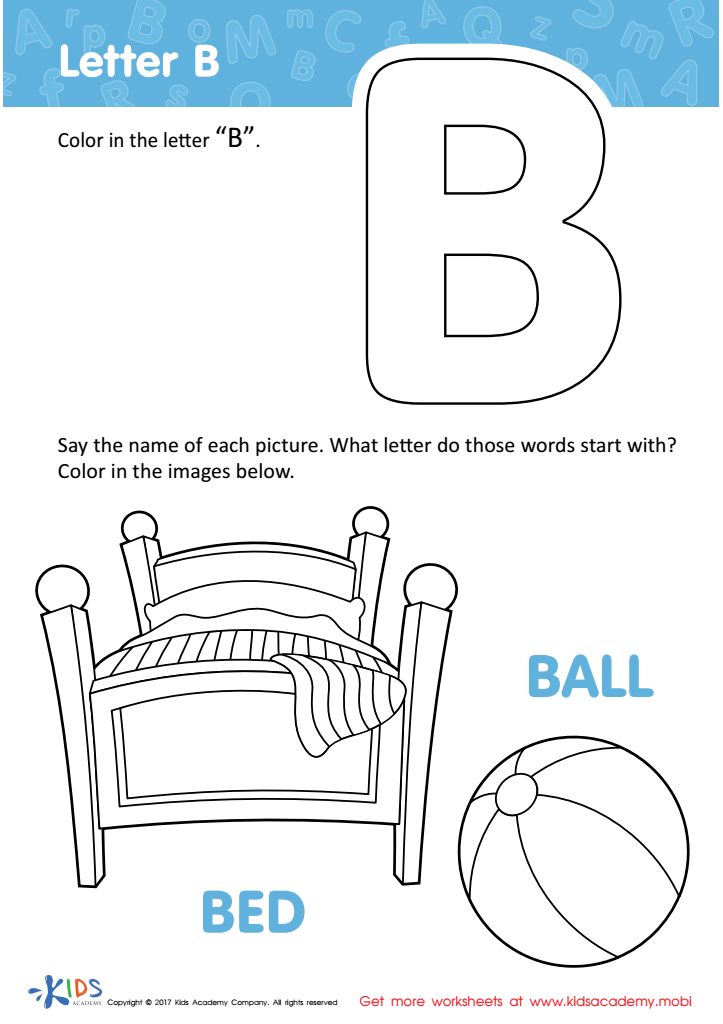

Letter B Coloring Sheet


Letter A Coloring Sheet
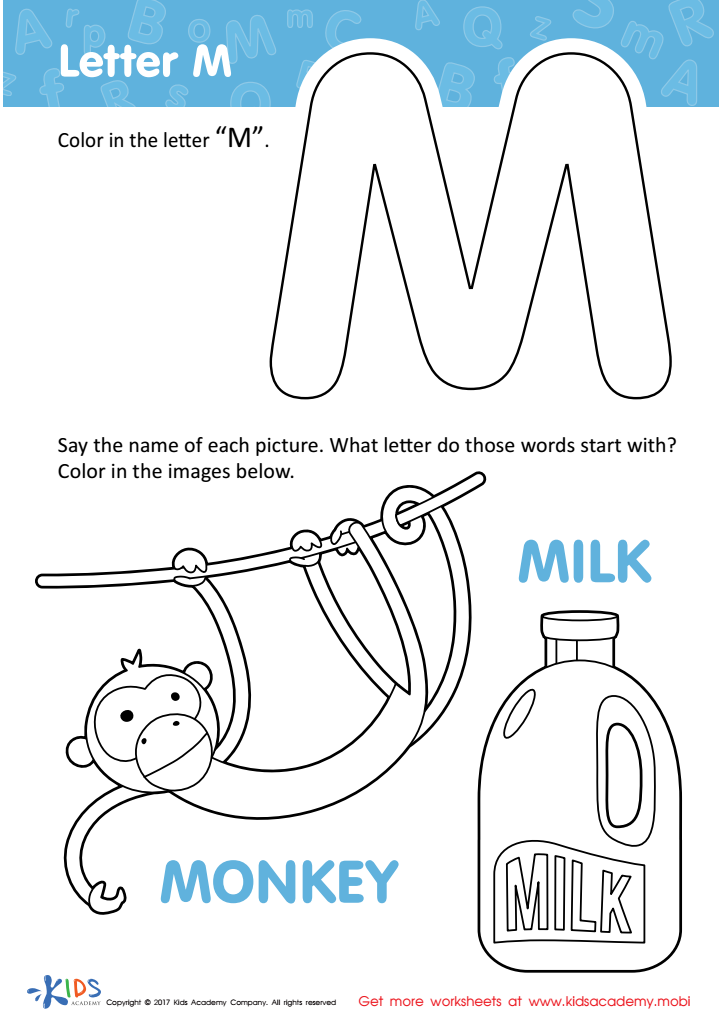

Letter M Coloring Sheet
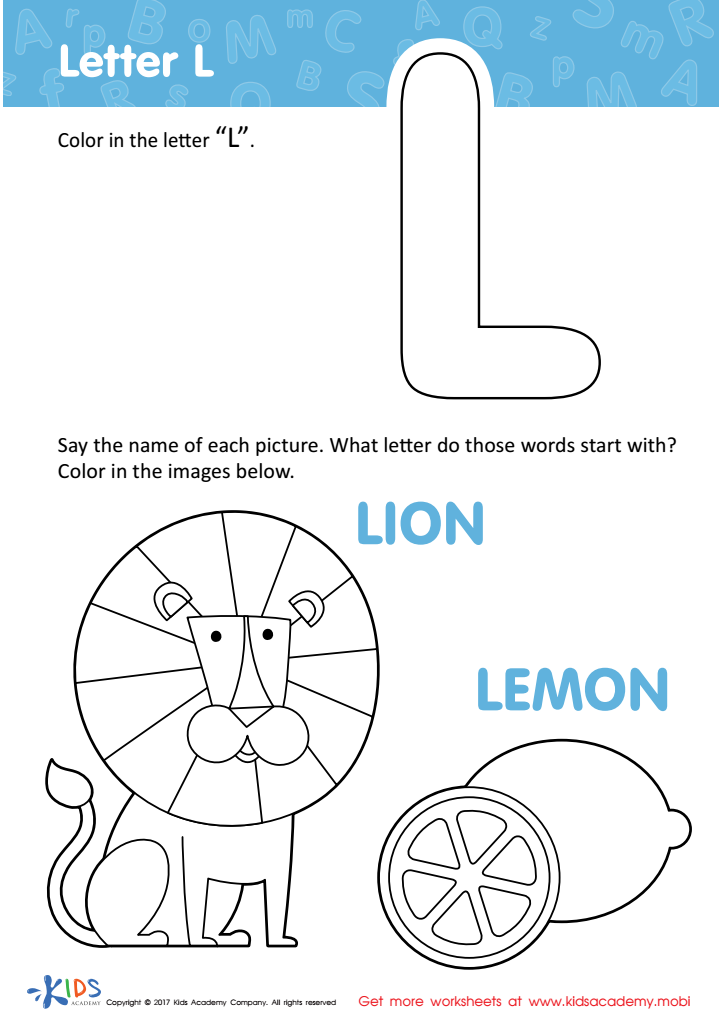

Letter L Coloring Sheet
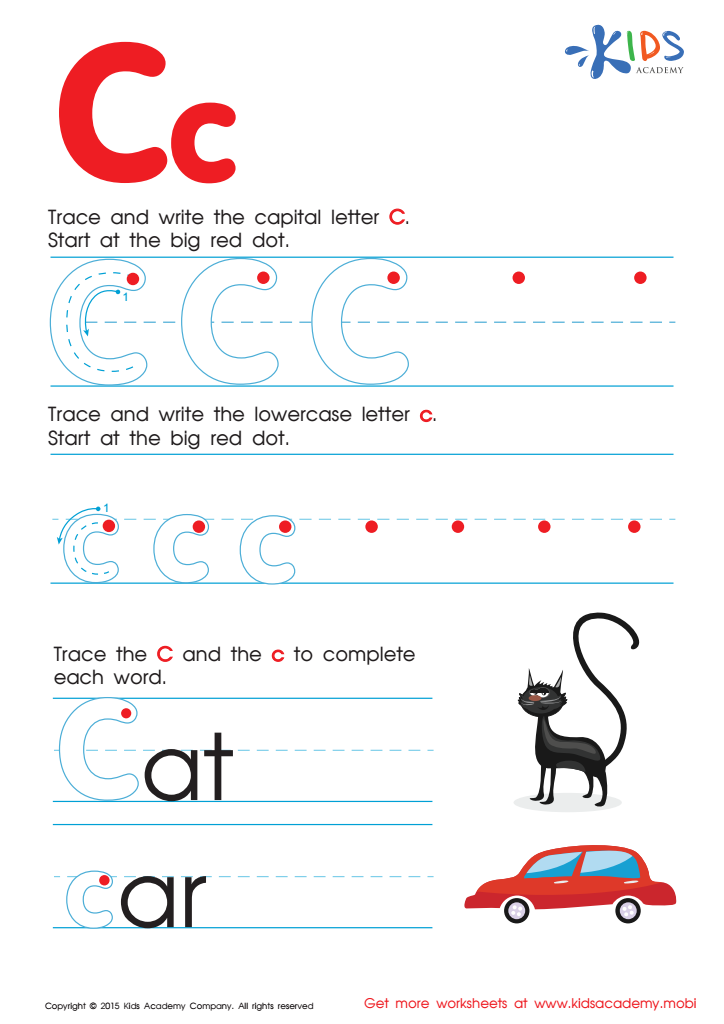

Letter C Tracing Page
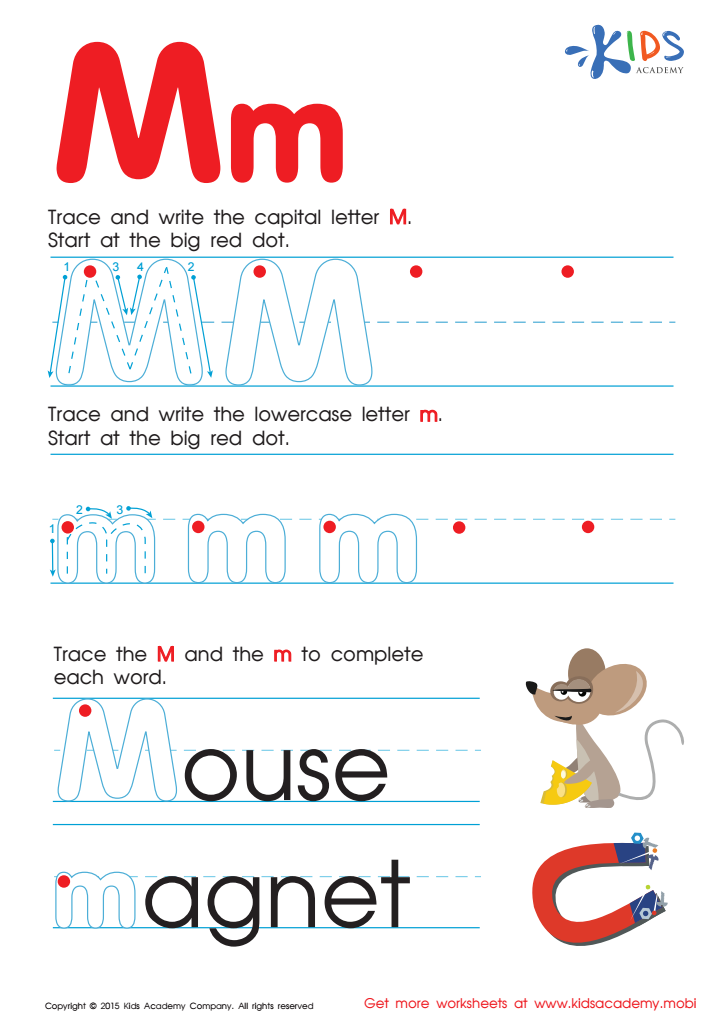

Letter M Tracing Page
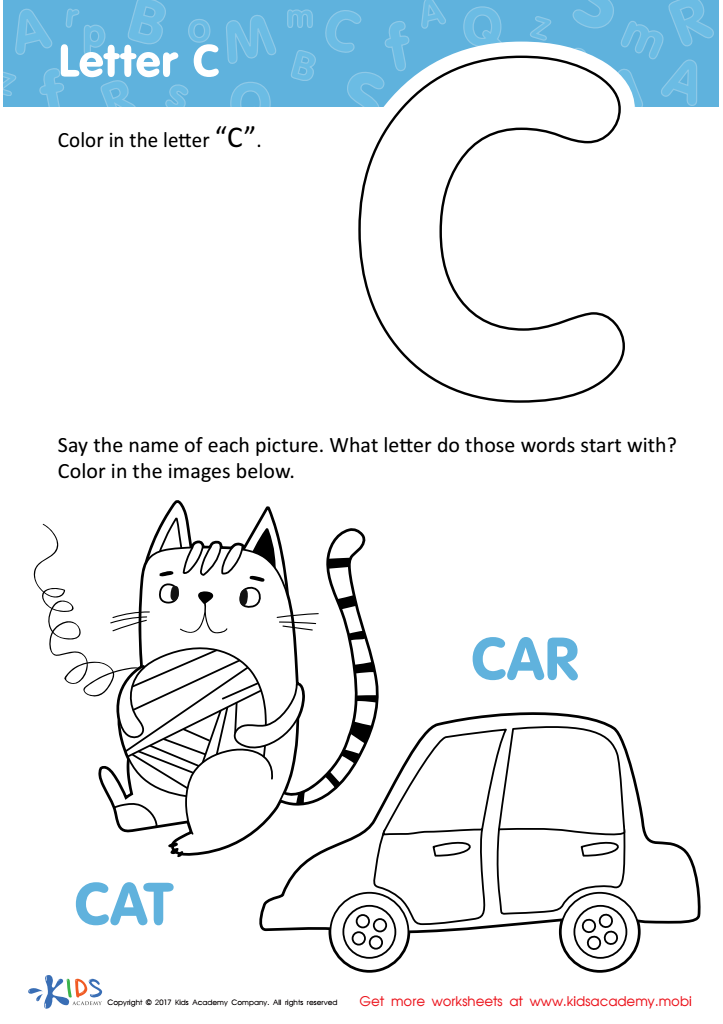

Letter C Coloring Sheet
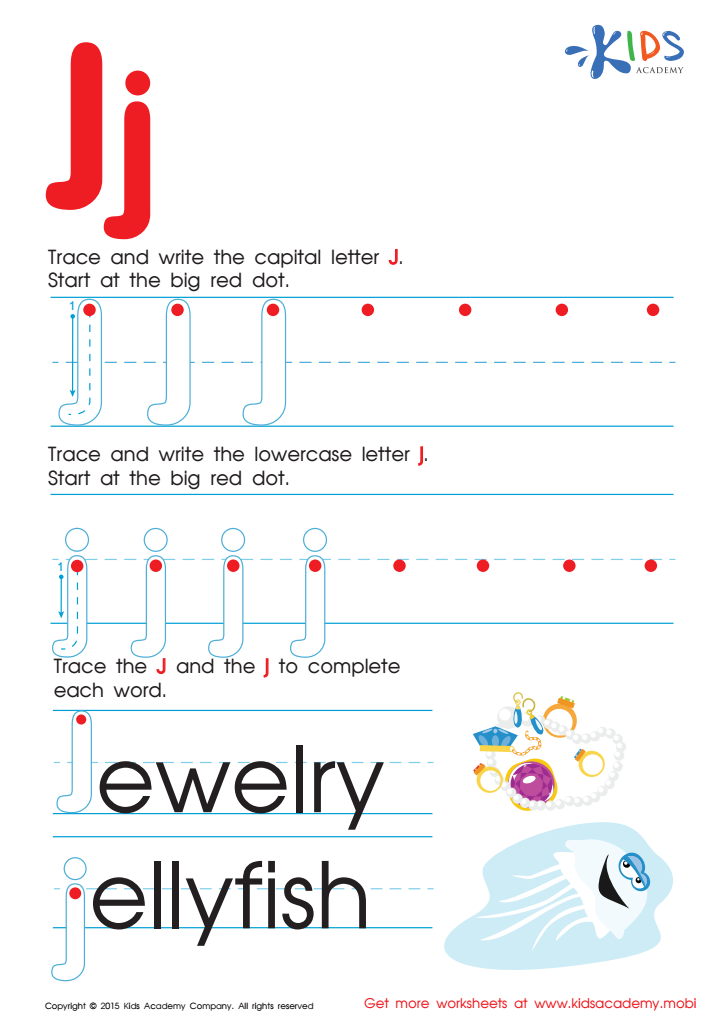

Letter J Tracing Page
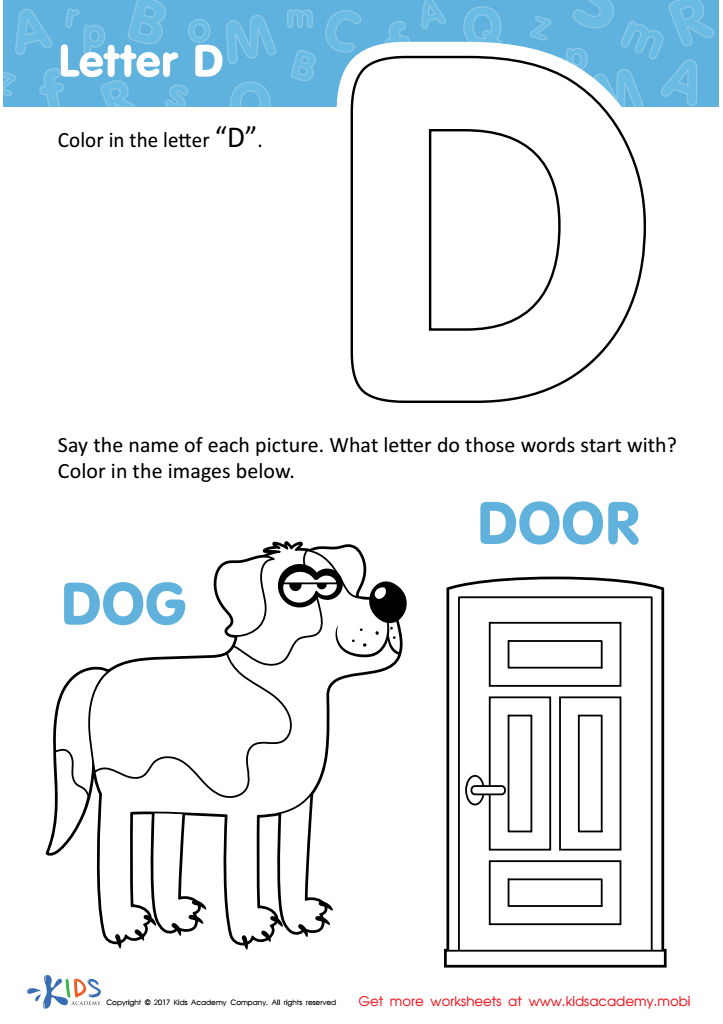

Letter D Coloring Sheet
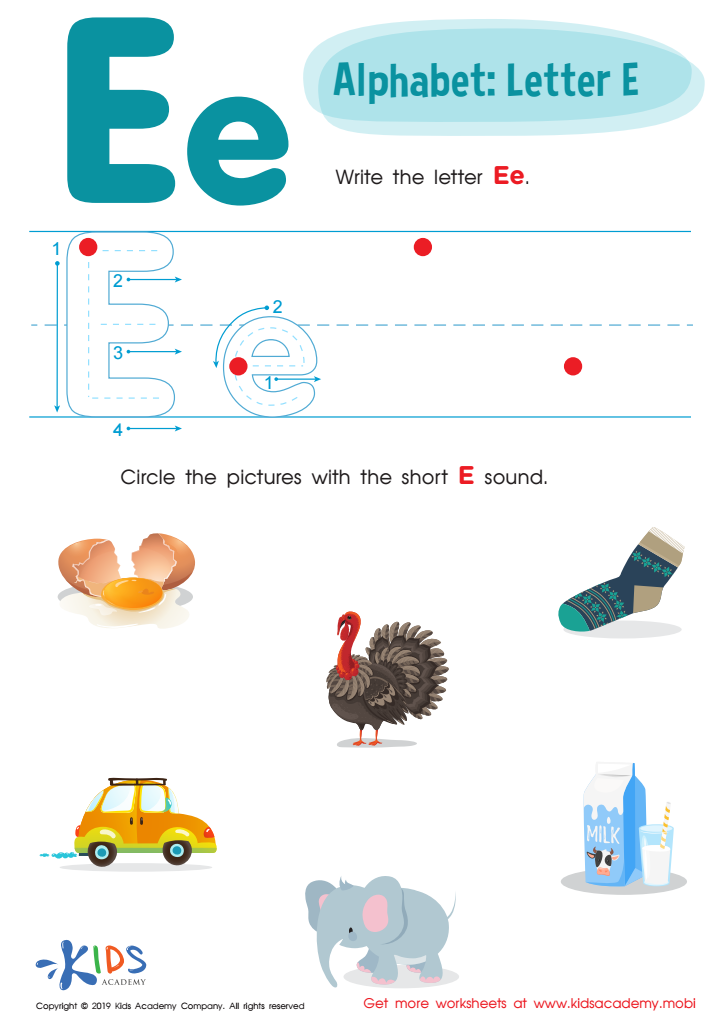

Letter E Tracing Worksheet
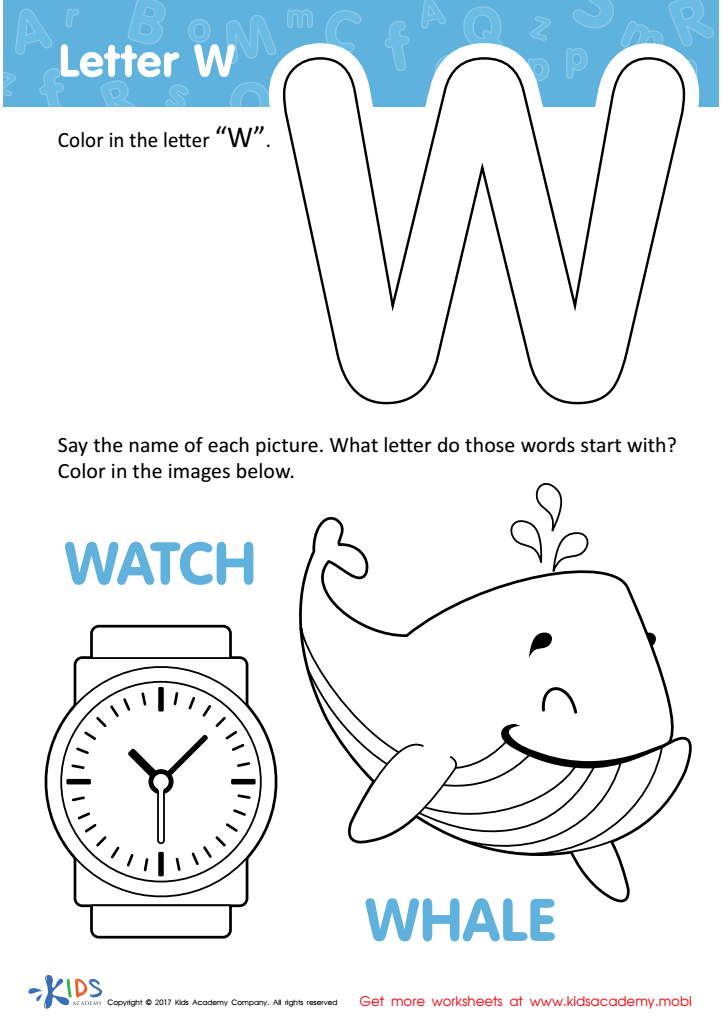

Letter W Coloring Sheet
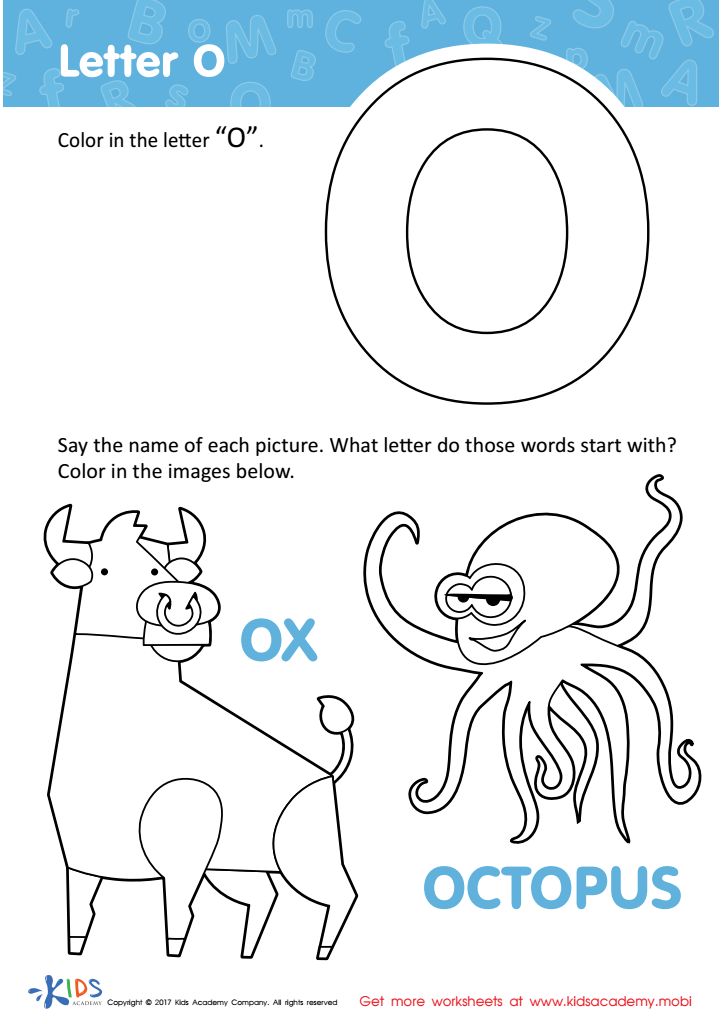

Letter O Coloring Sheet
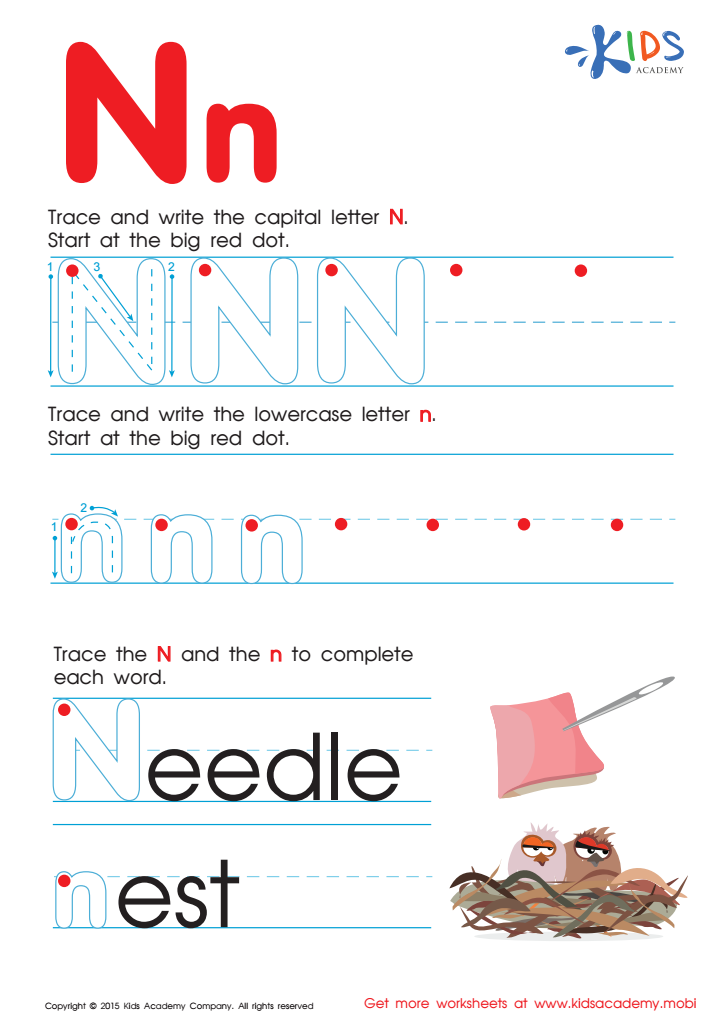

Letter N Tracing Page
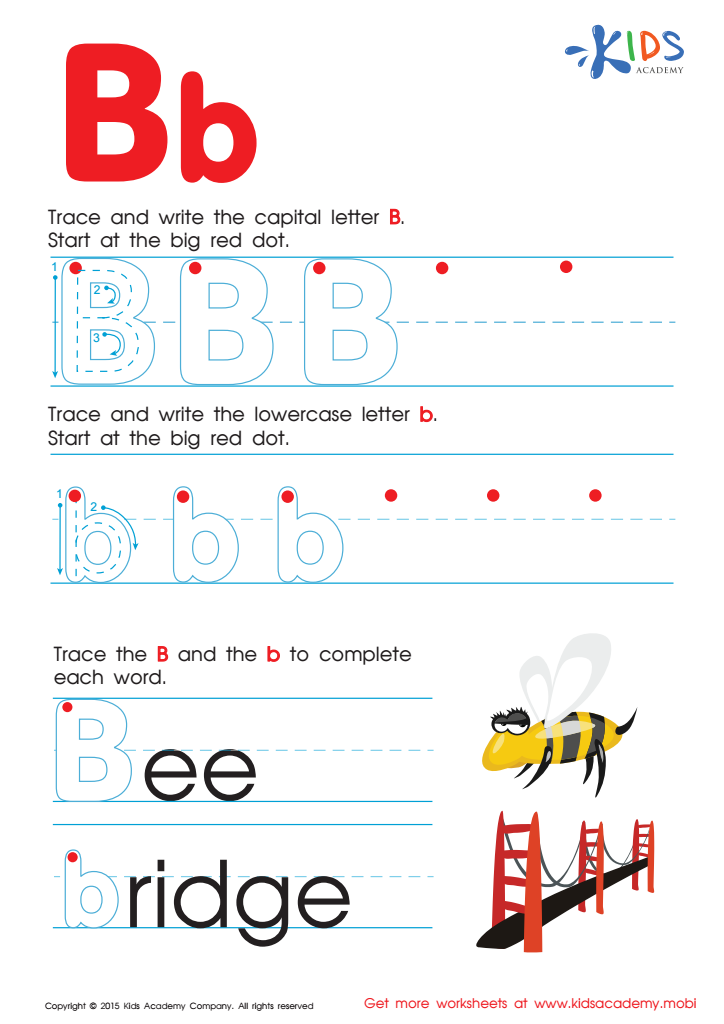

Letter B Tracing Page
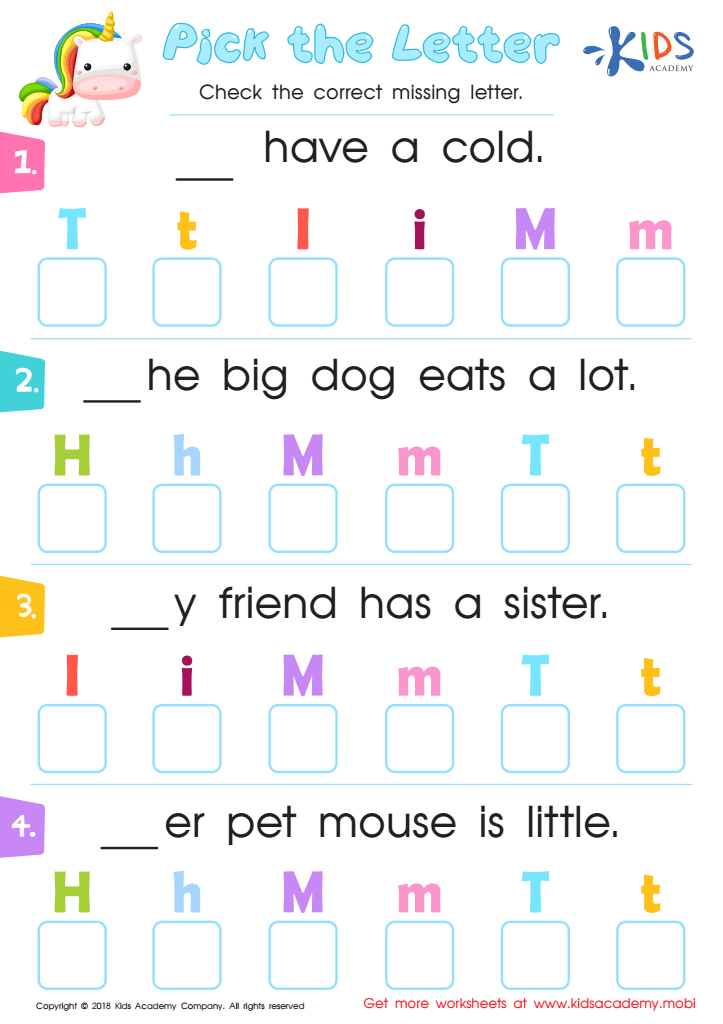

Pick the Letter Worksheet
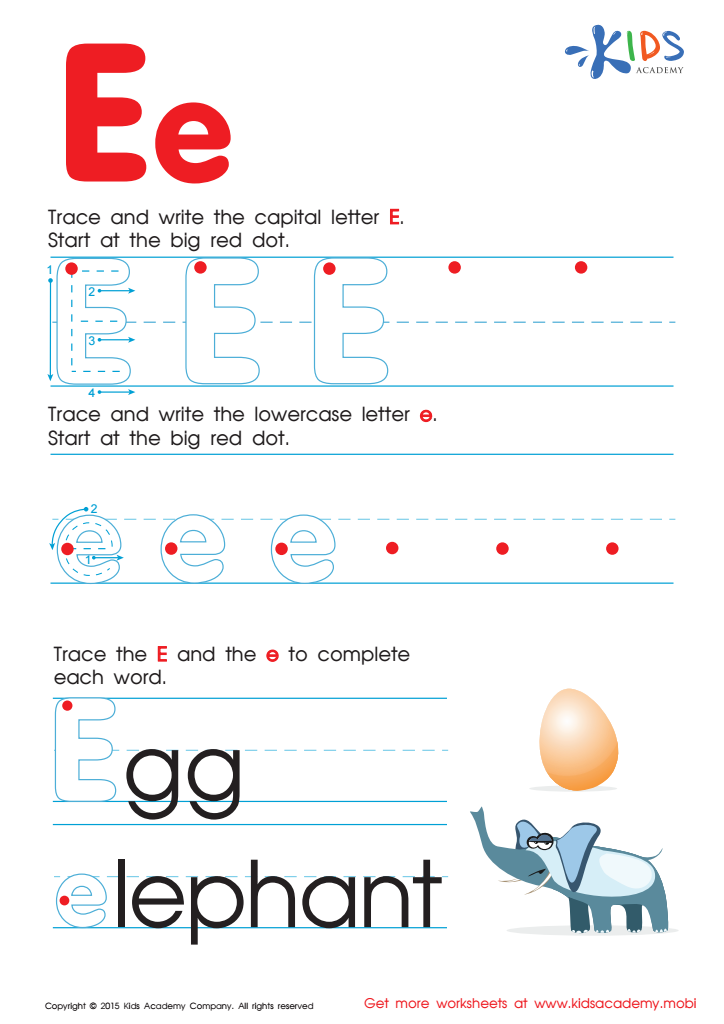

Letter E Tracing Page
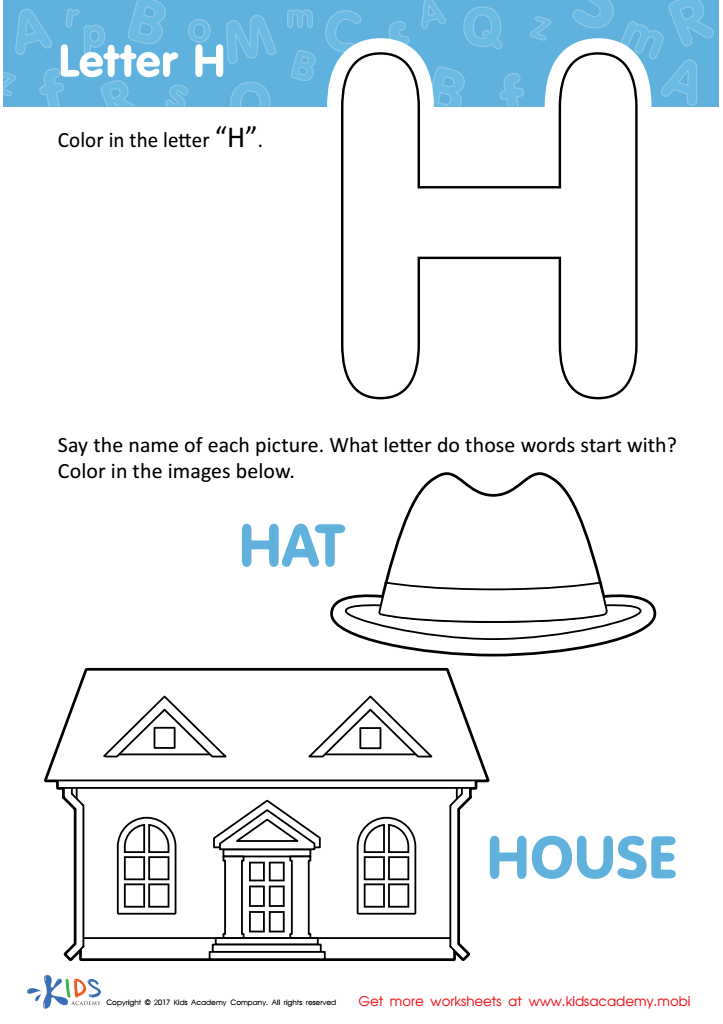

Letter H Coloring Sheet
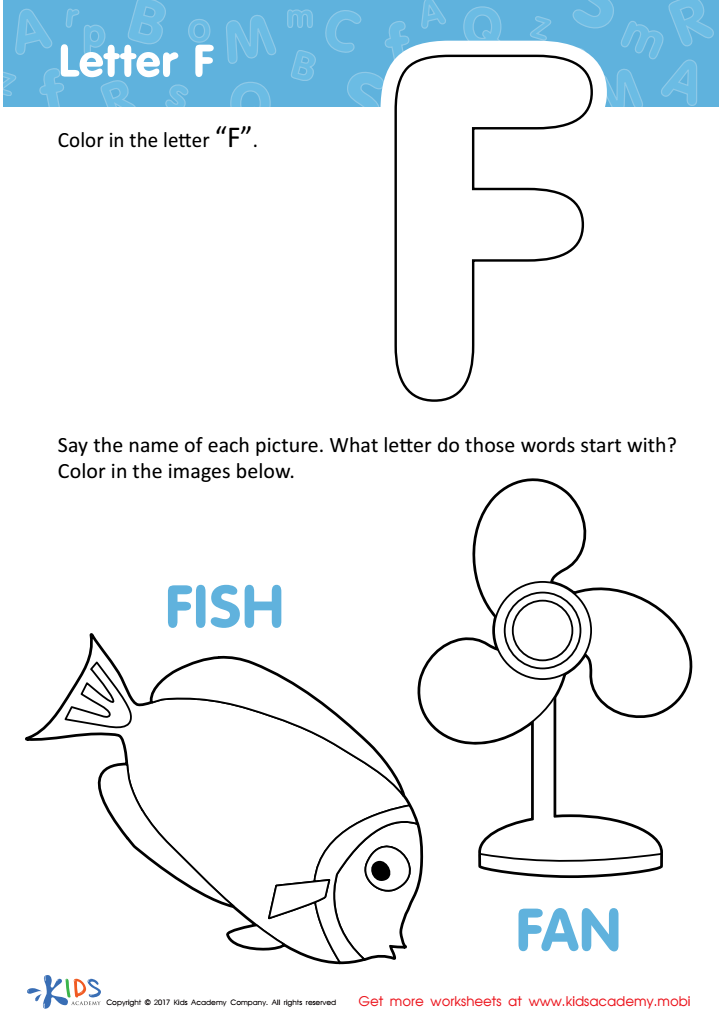

Letter F Coloring Sheet
Alphabet Recognition, particularly Normal Letter Recognition, for children ages 7-8 is a foundational skill crucial for literacy development. By second grade, children are transitioning from learning to read to reading to learn. Proficiency in recognizing and differentiating letters directly impacts their ability to read efficiently, which is essential for their academic success. When children can swiftly identify letters, they can more easily decode words, improving both their reading fluency and comprehension. This fluency is integral as they encounter more complex texts in all subjects, not just language arts.
From a cognitive perspective, letter recognition strengthens neural connections related to language processing and visual discrimination, promoting quicker, more accurate reading and writing skills. It also sets the stage for developing higher-order literacy skills like spelling and grammar, building a solid foundation that supports robust communication abilities.
Moreover, early proficiency in letter recognition can contribute positively to a child’s confidence in their academic abilities, reducing anxiety around reading tasks. This confidence can inspire a lifelong love for reading and learning. Consequently, ensuring that children ages 7-8 have strong letter recognition skills can significantly influence their educational journey and cognitive development. Both parents and teachers play a crucial role by creating supportive, engaging learning environments that reinforce these essential skills.
 Assign to My Students
Assign to My Students















